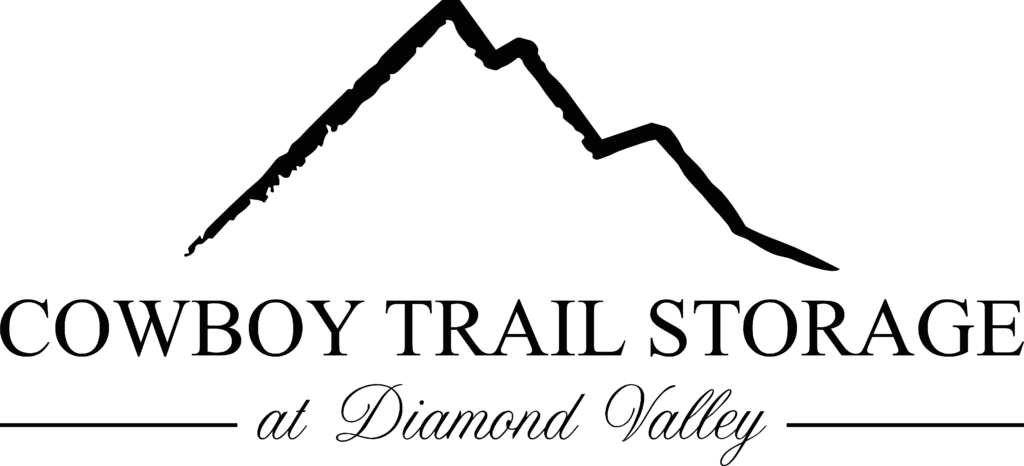Self storage can be a real game changer when you need extra space at home or a secure place to keep your trailer, RV, or seasonal gear. Whether you’re looking for a short term fix or a long term solution, knowing what to do—and what to avoid—can make a big difference in your experience.
From choosing the right storage units to understanding how unit sizing works, this guide will walk you through the top dos and don’ts of self storage. We’ll also touch on how Cowboy Trail RV and similar storage facilities in Alberta offer reliable options for everything from personal items to trailer storage.
Do: Choose the Right Storage Unit Size
One of the most important parts of renting a storage unit is making sure it’s the right size. A small unit may not fit all your belongings, while an oversized one can be more expensive than you need. Think about the square foot size of what you’re storing and compare it to standard unit sizes.
For example, a 5×10 unit is ideal for small items or boxes, while a 10×20 unit can fit a vehicle or large trailer. Many facilities, including Cowboy Trail RV, offer help with unit sizing and can recommend the best fit for your situation.
Don’t: Forget About Access Needs
It’s easy to focus on what you’re storing and forget how often you’ll need to access it. If you’re using your unit for short term vehicle storage or rotating items during a move, choose a location that offers drive-up access and convenient hours. Some storage solutions even offer 24/7 entry with secure gate codes or smartphone access.
Do: Prepare Items for Long-Term Storage
If you’re storing your belongings for more than a few weeks, take the time to prepare them properly. Clean items before storing, disassemble furniture to save space, and wrap delicate items in protective materials. For long term storage, airtight bins are better than cardboard boxes, especially in changing weather.
This is especially important in Alberta’s climate zone, where temperatures shift quickly. Protecting your belongings from dust, moisture, and pests is key to preventing damage over time.
Don’t: Store Prohibited or Hazardous Items
All storage facilities have a list of items you’re not allowed to store, like gasoline, paint, fireworks, or anything flammable. These rules are in place to keep your unit—and others around it—safe.
If you’re using a unit for vehicle storage, make sure the tank is close to empty and that you’ve followed any other guidelines set by the facility.

Do: Consider Climate-Controlled Storage
If you’re storing sensitive items like electronics, artwork, wood furniture, or even certain fabrics, it might be worth investing in a heated and cooled unit. These spaces are maintained by an HVAC system to stay within a steady temperature and humidity range.
Choosing a properly sized climate-controlled unit helps avoid problems like mould, warping, or temperature-related damage. It also ensures your belongings aren’t exposed to extreme heat in summer or freezing cold in winter. Understanding the system size, cooling capacity, and even the air conditioner size of the unit’s system can be useful, especially if you’re storing high-value items.
Don’t: Overpack or Block the Entrance
It’s tempting to cram as much as possible into your storage unit, but this can cause problems. First, stacking too high or too tight can damage your items. Second, blocking the front of the unit makes it difficult to retrieve anything without pulling it all out.
Organize with purpose. Use shelving units if possible, leave a walking path down the middle, and store frequently used items near the front for easy access.
Do: Label and Organize Everything
Even if you’re just storing things for a month or two, it’s a smart idea to label boxes clearly. Create a simple layout or inventory list so you know what’s inside your unit at a glance. This is especially helpful in long term situations where you might forget what’s inside.
If you’re combining trailer storage, RV storage, or outdoor parking with a self-storage unit, this level of organization helps you keep track of both your vehicle and your belongings.
Don’t: Assume All Facilities Are the Same
Not all storage providers offer the same features. Some might include security cameras and fenced gates, while others may not. Always ask about security, access hours, pest control, and extra services. Reputable names like Cowboy Trail RV are known for reliable service, transparent pricing, and added value for trailer storage and vehicle storage in Alberta.
Renting a Self Storage Unit
Renting a self-storage unit isn’t just about having space—it’s about choosing the right storage option for your needs and using it wisely. By following these simple dos and don’ts, you can protect your belongings, save time, and make sure your experience goes smoothly.
From indoor units with HVAC systems to outdoor parking for RVs and trailers, the right facility will give you peace of mind whether you’re storing for the season or the entire year.

